The growing concern about food safety around the world greatly affects public health. What is India's Food Safety and Standards Authority (FSSAI) doing to make sure food is safe? A recent collaboration between FSSAI and the University of Delhi aimed to raise awareness about food safety and improve standards in the university canteen. The partnership aims to deal with common food safety problems and encourage students to eat healthier.
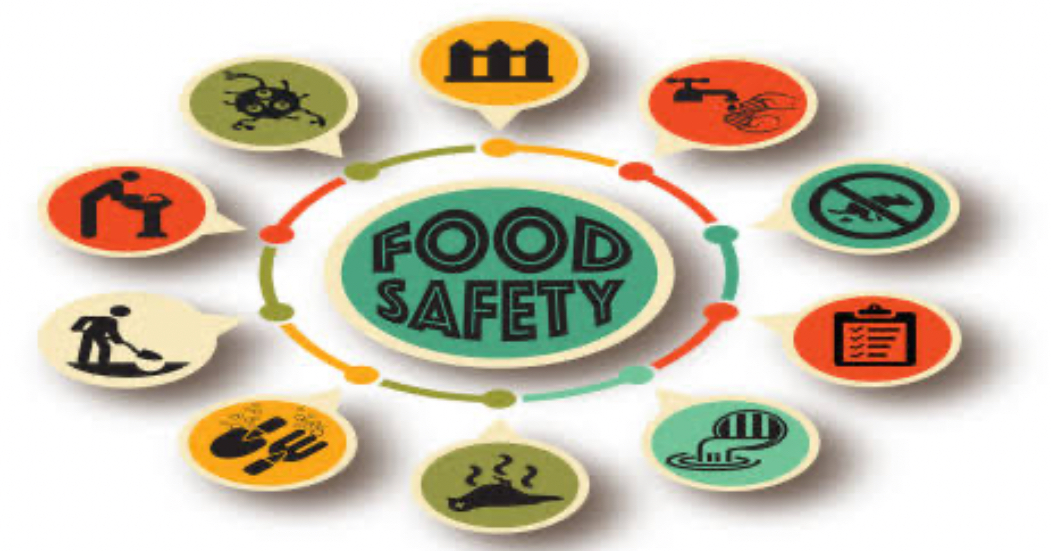
Food safety worries are growing
Public awareness of foodborne illnesses and their health effects has raised concerns about food safety. Consuming contaminated food can cause a variety of major health problems, including food poisoning, gastrointestinal infections, and long-term chronic diseases. Ignoring good food safety practices can lead to outbreaks that affect a lot of people, so it's important to deal with these issues in a planned way.
Effects of Unsafe Food on Health
Unsafe food habits can seriously damage people's health. Immediately getting sick from eating contaminated food can lead to problems like sickness, vomiting, diarrhea, and stomach cramps. Long-term exposure to unsafe food can cause serious health issues like liver disease, kidney failure, and neurological diseases. At greatest risk are children, the elderly, and people whose immune systems aren't working well.
FSSAI's Initiatives for Food Safety
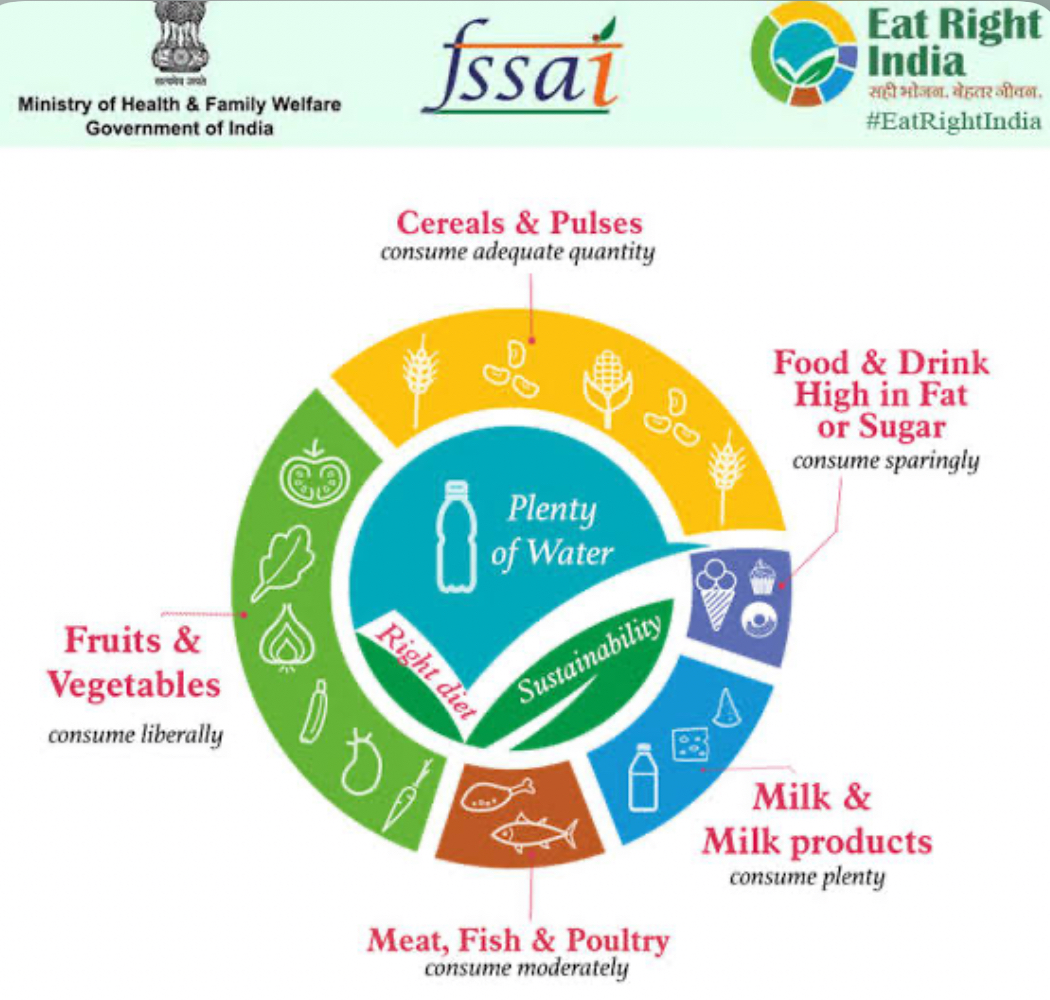
The FSSAI has been at the forefront of promoting food safety across India. It has introduced various initiatives and regulations to ensure that food products meet safety standards. Some key steps taken by FSSAI include:
1. Eat Right India Campaign: This flagship initiative aims to transform the food system in India by promoting healthy eating habits and ensuring the availability of safe and nutritious food. The campaign focuses on education, regulation, and collaboration with stakeholders.
2. Food Safety Magic Box: An innovative tool designed to help consumers test basic food samples for safety. It aims to empower individuals to check the quality of their food, thereby fostering a culture of self-regulation.
3.Food Safety and Standards Act: FSSAI has been instrumental in implementing this act, which sets the legal framework for food safety regulations in India. It ensures that food businesses comply with safety standards to protect consumer health.
Delhi University's Collaboration with FSSAI
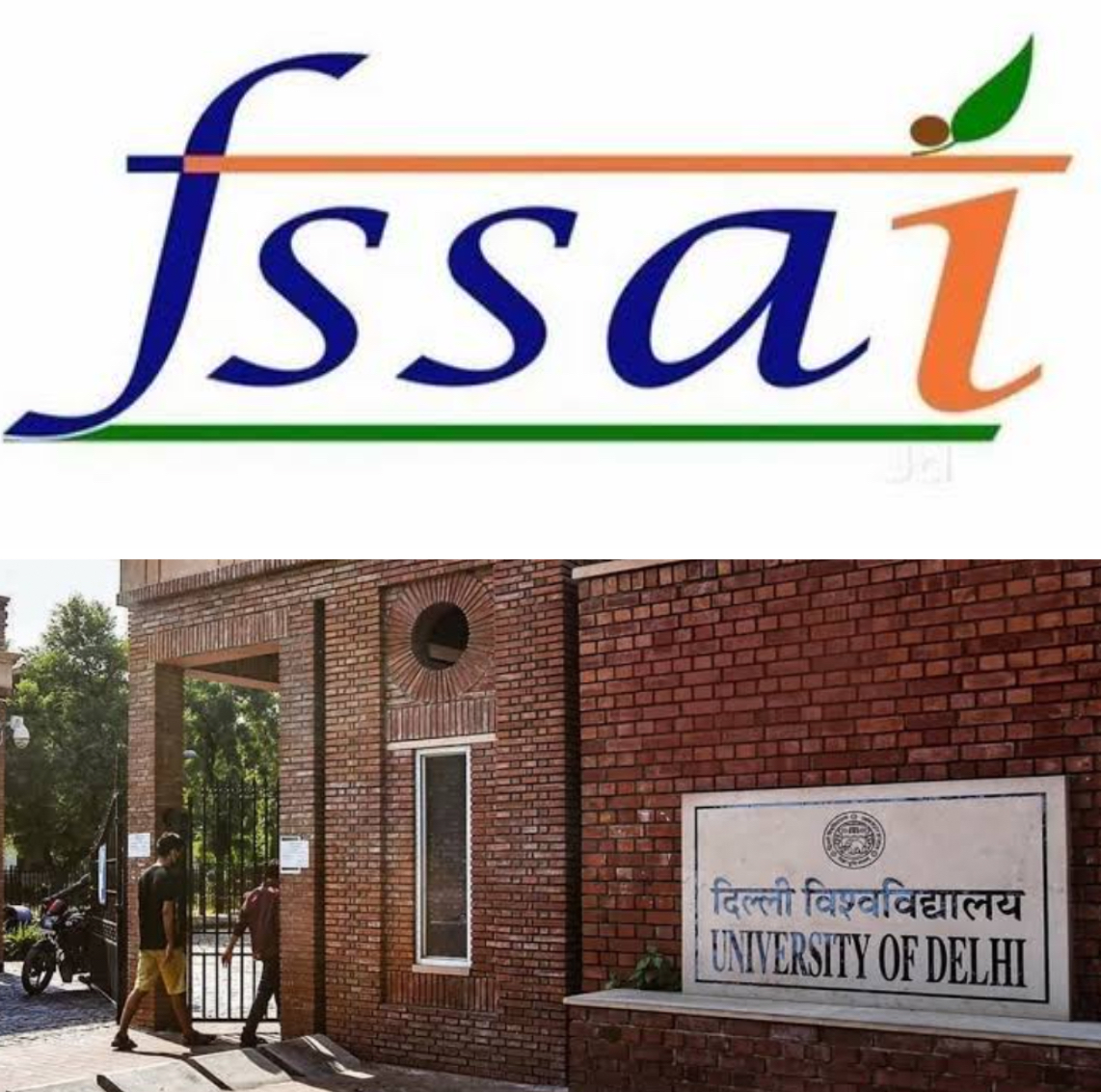
In a significant move to enhance food safety awareness, Delhi University partnered with FSSAI to launch the “Food Safety Samvad” seminar. This initiative marks the beginning of a collaborative journey to improve food safety practices within the university. Key aspects of this collaboration include:
1.Seminar and Workshops: The seminar brought together principals, deans, faculty members, and food safety nodal officers from various colleges. FSSAI officials delivered sessions on food safety practices, regulations, and innovative tools like the Food Safety Magic Box.
2.Appointment of Nodal Officers: Nodal officers have been appointed in all affiliated colleges to act as focal points for FSSAI-related communication and to spearhead food safety discussions and initiatives.
3.Eat Right Campus Certification: As part of the collaboration, Delhi University aims to achieve the “Eat Right Campus” certification. This certification underscores the commitment to promoting healthy eating habits and ensuring food safety within university premises.
Impact on College Canteens
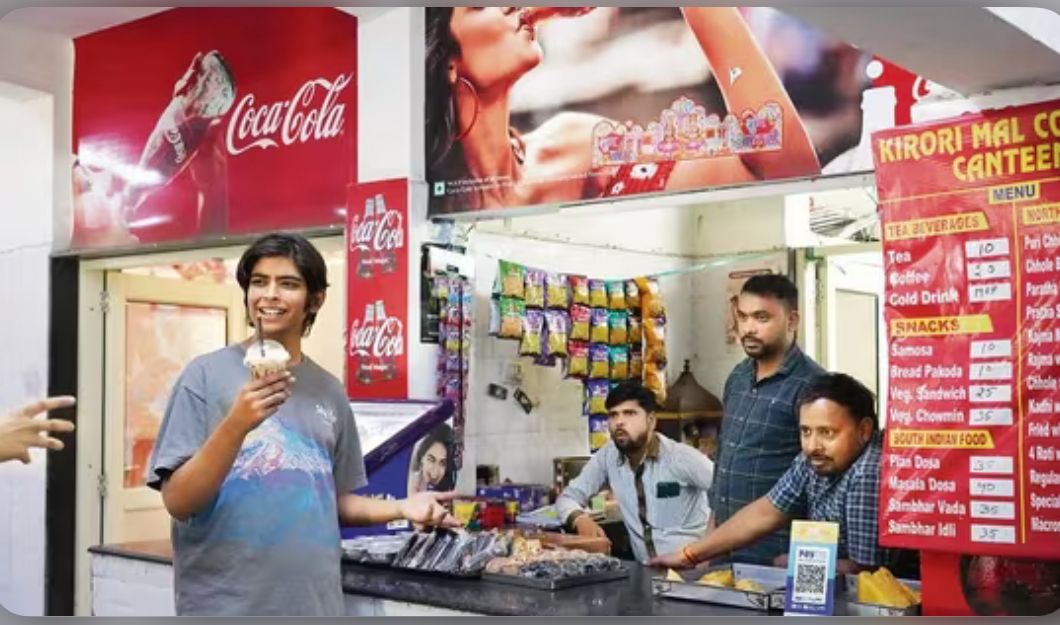
The condition of college canteens has been a hot topic of discussion among students. Incidents like the presence of a dead lizard in the fried rice at Hindu College’s canteen and the banning of non-vegetarian food at Hansraj College’s cafeteria highlight the urgent need for improved food safety standards. The collaboration with FSSAI brings hope for a transformation in canteen conditions.
Student Perspectives
Students at Delhi University have expressed optimism about the potential improvements in their canteens. Here are some perspectives:
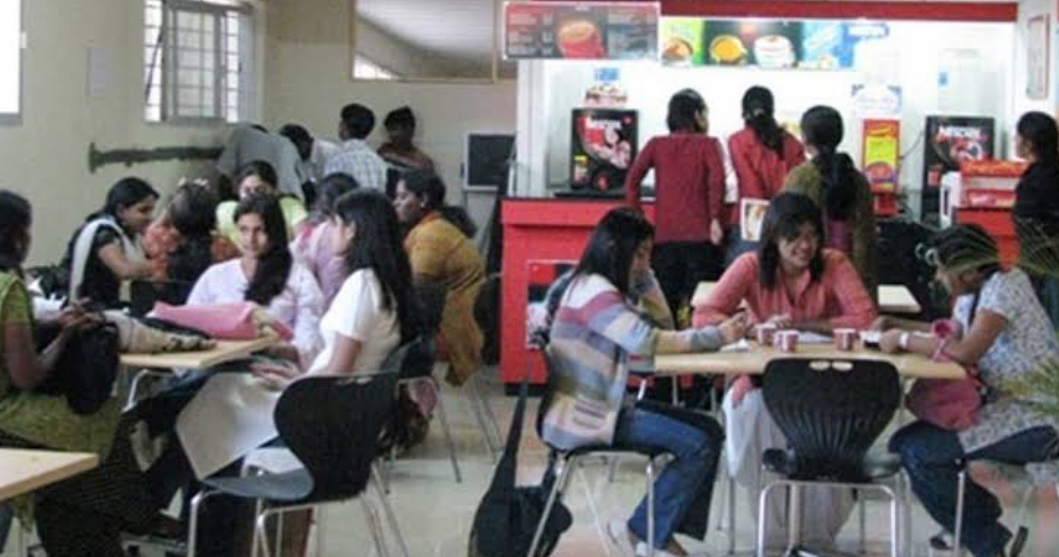
- Sachin Baisla, Joint Secretary of DUSU: “Students often approach the union with complaints about canteen conditions. The introduction of food safety officers and educational conferences will undoubtedly enhance food hygiene and security.”
- Akanksha Goyal, first-year student at Kirori Mal College: "The canteens don't have any healthy food options." Because students have different nutritional needs, colleges need to offer healthier breakfast and snack choices.
- Hardik Khattar, First-Year Student, Sri Guru Tegh Bahadur Khalsa College: “Our canteen needs to offer food that considers the nutritional needs of sportspersons. I hope this initiative brings not only safety and hygiene improvements but also a variety of healthier options.”
- Shubhi Seth, First-Year Student, Ramjas College: “The unhygienic conditions in canteens have been a constant concern. My parents worry when I eat at the canteen. This collaboration with FSSAI will alleviate these concerns and ensure we have access to safe and healthy food.”
Conclusion
India's Food Safety Authority (FSSAI) and Delhi University are working together to improve food safety knowledge and practices at the university. This project aims to make college cafeterias safer and healthier for students by addressing significant worries about food safety. Students' positive attitudes show how these kinds of partnerships can help raise food standards and improve health results. India's Delhi University wants to become a "Eat Right Campus," and this relationship shows other schools how to put food safety and nutrition for their students first.
Image Source: Multiple Agencies
Inputs from Agencies
© Copyright 2024. All Rights Reserved Powered by Vygr Media.





















